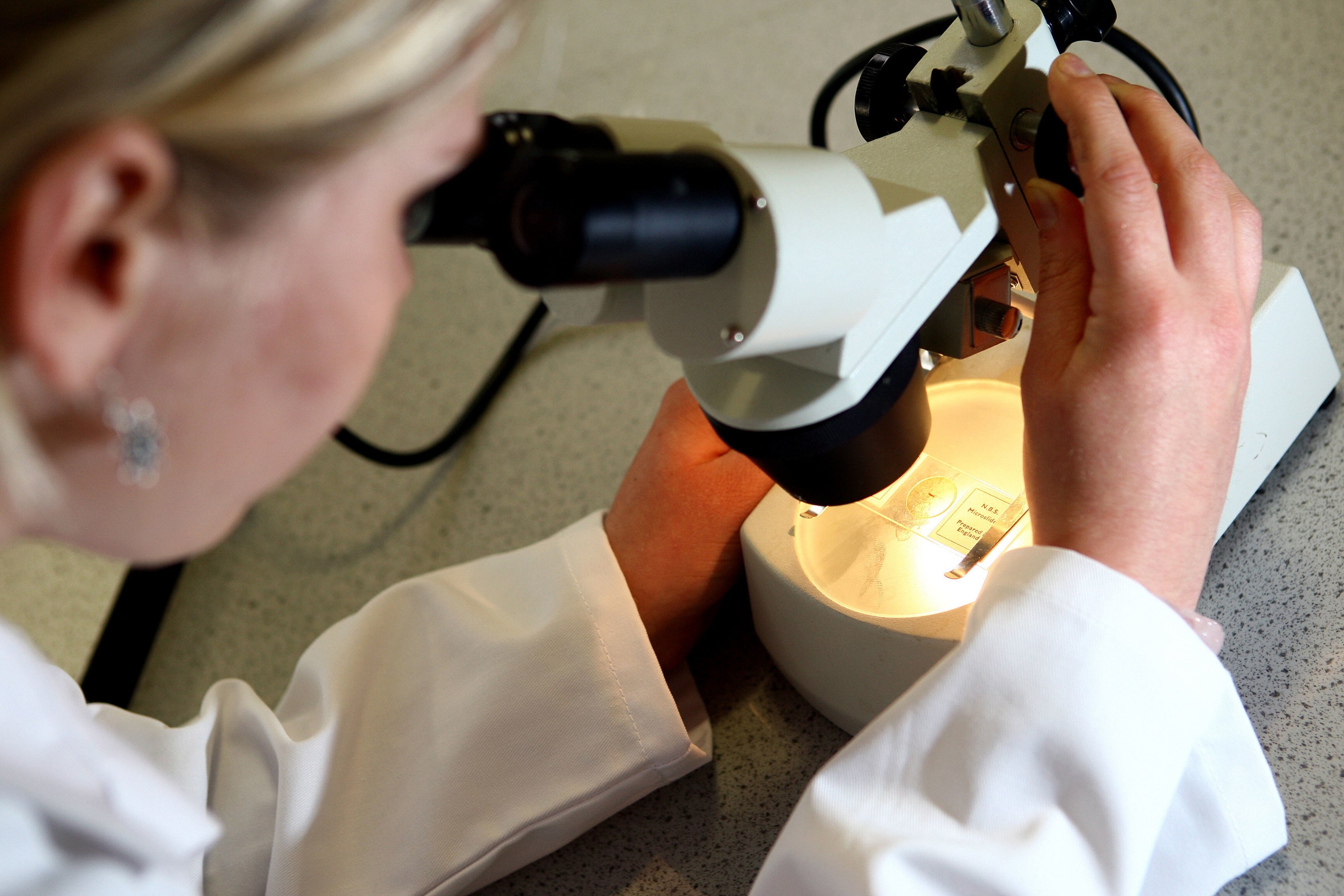
Singapore has confirmed that a 10-month-old baby has contracted “acute” hepatitis, amid a worldwide outbreak of the disease.
Officials in the country are now investigating to see if the child’s symptoms are presenting in similar ways to other youngsters who are suffering with the liver inflammation illness.
Tests on the baby indicated that it did not have the common viruses that cause hepatitis, type A, B, C and E, according to the country’s Ministry of Health.
The child did have coronavirus in December, but there is no current evidence linking acute hepatitis to Covid.
According to the World Health Organisation (WHO) 17 children have needed liver transplants as a result of the recent cases, and one has died.
The health agency has received reports from a number of countries, including the UK, Japan, Italy, Belgium, USA, France and Denmark.
The European Centre for Disease Prevention and Control has reported around 190 unexplained cases of severe hepatitis in children around the world.
The UK’s Health Security Agency has identified 34 new confirmed hepatitis cases in children since 25 April. The agency said 10 children had received liver transplants but none had died.
This brings the total to 145 cases of hepatitis , with 108 in England, 17 in Scotland, 11 in Wales and nine in Northern Ireland.
Findings so far have suggested that the rise in sudden cases in children may be linked to a common cold virus known as an adenovirus, the UKHSA said.
It added that they were also investigating other possible infections, including Covid-19 or an environmental cause.
Symptoms of hepatitis include dark urine, yellowing of the eyes and skin (jaundice), fatigue, fever, loss of appetite, nausea, vomiting, abdominal pain, light-coloured stools and joint pain.

There is no specific treatment to cure hepatitis but drugs can help to reduce inflammation and other symptoms.
Parents are being told to watch out for symptoms and to contact a health professional if they are concerned.
To prevent further spread, the British Health Security Agency urged handwashing and “good thorough respiratory hygiene”, such as catching coughs and sneezes in a tissue.







